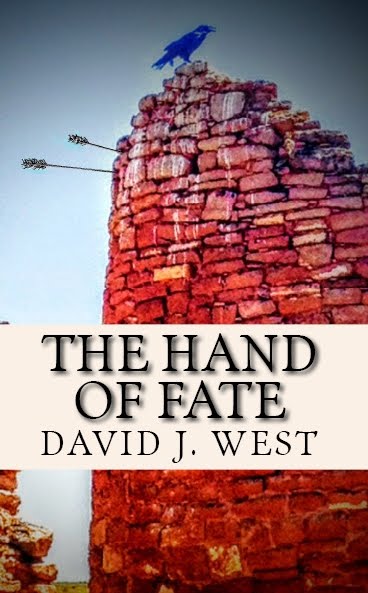Though I now live in a fairly small town in Montana, I thankfully have a good little book store nearby where I can order books I want (to support them instead of the internet) and this is important, browse for books I never knew existed. One of my recent most excellent acquisitions is...
The Bloody White Baron, by James Palmer
Baron Romanov Ungern von Sternberg was essentially the last warlord of Mongolia and this was still less than a hundred years ago-we are talking serious The Man Who Would Be King kinda stuff.
Palmer goes out of his way to make sure you understand what an awful bastard the Baron is-and I would hope nothing I say in the next couple paragraphs is taken out of context, but damn you have to admire the man that can go assimilate himself into another country and become a Mongol warlord!
Born in the border kingdoms of Russia, Sternberg had a semi-privileged youth, only excelling in school at militaristic recreations. Once old enough he went to war in the Trans-Baikal regions and soon enough became associated (and I am sure grew to love) the Mongolian nomad way of life.
A regular "What is best in life?" scenario.
I realized earlier just today that I had read a small review about the Baron on the old Cimmerian website (may Crom grant it peace) a couple years ago, and while Jim Cornelius goes on about what a great pulp villain the Baron would be (and I believe was in a couple novels) I couldn't help but feel that Palmer's presentation was overly harsh and that in so many ways, the Baron could be looked at in some respects (only some-I'm not going completely crazy here) as a barbaric hero, or at least anti-hero.
By no means am I excusing any of the horrible things the man did (and there were many) but I must admit that in numerous respects I saw Conan riding at the head of the Kozaki more than I saw Thulsa Doom. Dedicated to a militant Buddhism and the overthrowing of the Soviets, Baron Sternberg was a godlike figure to Mongolians. Fearless and brave, myths grew about him like clutching ivy. From the land of Genghis Khan, the Baron waged war on the Soviets and Chinese.
While I would say Palmer has written one of the best historical books I have read in a long time, I did feel like it was slightly tainted by his insistence to show contempt for the Baron and his accomplishments. Again I am not excusing nor condoning the Baron's behaviors. But I found it ridiculous to assert that while the Baron was venomously anti-Semitic, in 1920 he was not having a Mongolian horde carry banners with a swastika in support or even acknowledgment of the rising Nazi movement. People forget that the Nazi's took an ancient worldwide symbol and twisted it for their own. While the Baron was merciless to the Jews in Urga, I just don't believe it was as a Nazi confederate - it was as a militant Buddhist. NOW how many of you were even aware of such a thing? I wasn't.
There were a number of documented tales of the Baron's bravery and military prowess and all too often I thought Palmer was willing to say those were just propaganda and stories to pump up the Baron's image, while all the bad things must be true. Granted, I don't believe I would invite the Baron over for tea but a lot of the wilder stories must be true- you don't become a Warlord on rumor, not of the Mongols.
Believing everything he did was guided by fate, Sternberg eventually consulted a soothsayer that proclaimed him to only have 130 days remaining of life. Fully accepting of his fate, he is said to have proclaimed, "I shall die, I shall die, but no matter the world has never seen such a terror and such a sea of blood as it shall now see..."
He accepted his fate. Captured by Soviets he was executed by firing squad exactly 130 days after the soothsayer said he would die!
This was a fascinating book full of loads of great material I'll be using in my own stories.
Once We Were Spacemen
1 day ago



























3 comments:
I remember reading that post on the Cimmerian. I'm going to have to check out this book.
Sounds fascinating. I can certainly understand being impressed with some of the Baron's accomplishments while acknowledging he could be a bastard, too. History is full of such men.
He doesn't sound too far removed from El Borak, in his way.
It's pretty cool Keith.
Paul, I'm sure he is removed a bit from heroic El Borak and I am reminded of the "King of the Forgotten People" storyline wherein the villain wants to become Genghis Khan-maybe that was inspired by the Baron to a degree, I certainly think its possible that REH read about him-but I'll leave that to more astute scholars.
Post a Comment